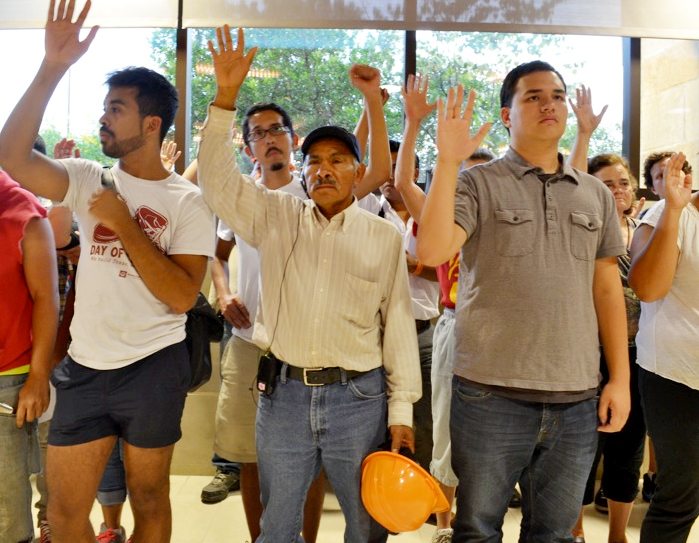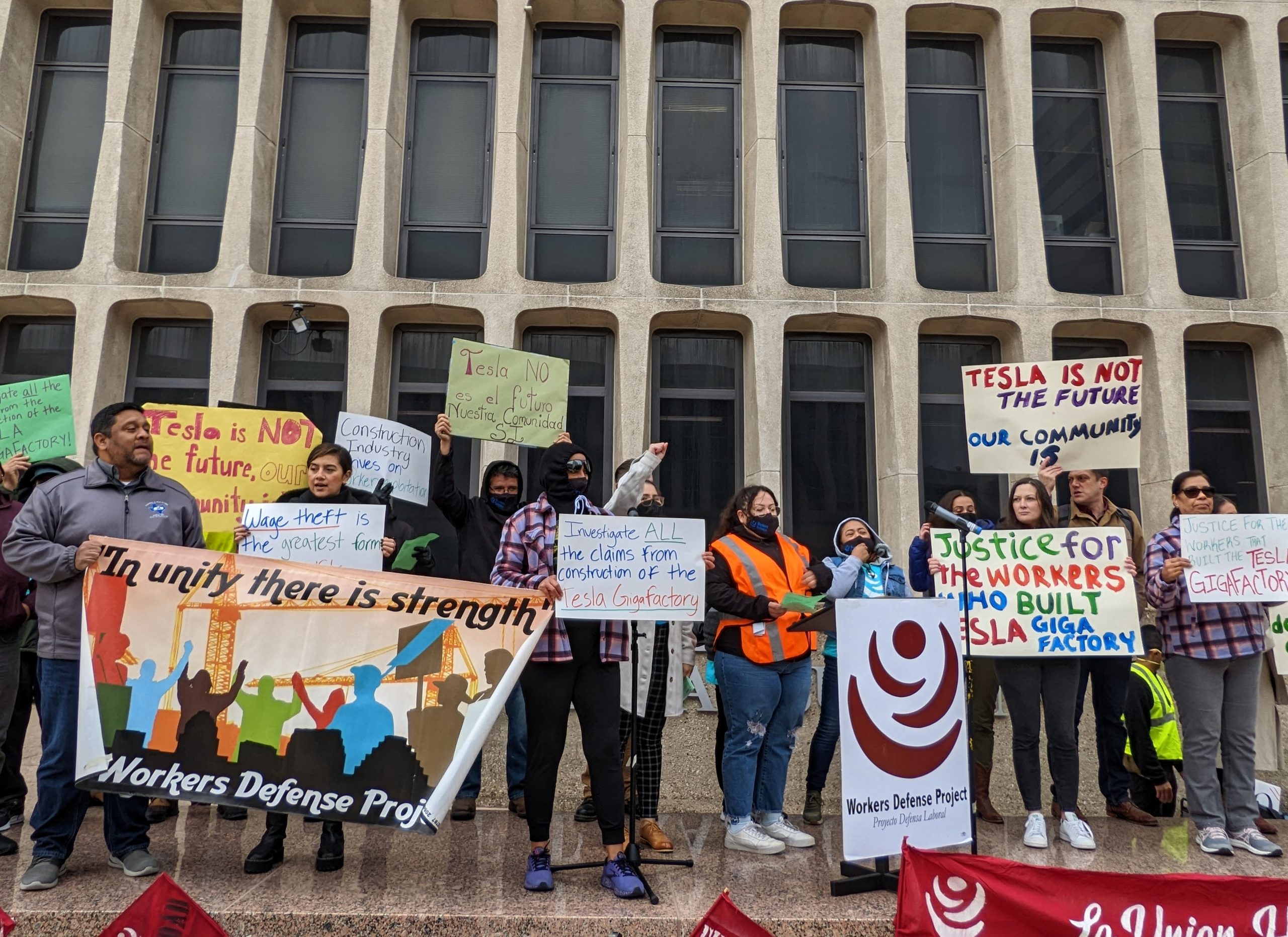
Hotel Developer Debate Raises Questions over Austin’s Incentive Program
Early Friday morning, Austin City Council upheld a decision to revoke a $3.8 million incentive deal with Indiana-based developer White Lodging in what Council Member Mike Martinez called a two-year “mess.”
The move pleased labor groups, who contend that White Lodging had violated a prevailing wage agreement and underpaid its employees.
“It was a very important victory, it showed that the city is serious about the protections it puts in place for taxpayers and workers,” said Gregorio Casar, the business liaison for the Workers Defense Project, an organization that represents workers in wage theft cases and has led the fight to hold White Lodging accountable.
Texas is famous for its generous corporate incentives. The idea is that these agreements bring jobs, spur growth and provide good wages. But critics say the White Lodging case shows how the bargain of good-wages-for-incentives can fall apart if programs aren’t carefully designed and enforced.
In June 2011, Austin agreed to give the company a $3.8 million fee waiver for construction of a 34-story Marriott hotel in downtown Austin. In exchange, White Lodging agreed to pay its workers prevailing wages.
When construction began in 2012, the Electrical Workers Union tipped off the city that White Lodging was underpaying some of its workers. Urged by labor rights activists, the city performed an initial audit of the project in January and found that White Lodging had paid at least 13 people below the prevailing wage standard, as the Observer reported in February. For example, Workers Defense released an affidavit signed by a carpenter who said he was paid $12 per hour instead of the prevailing wage for his position of $13.25.
Just over an hour before the scheduled hearing on Thursday night, more than 100 workers and labor advocates rallied outside Austin City Hall and called on the Council to hold White Lodging accountable by revoking their incentives.
“We’re not against development and we’re not against giving incentives, we just want to make sure in the end the community benefits,” Patricia Zavala of Workers Defense Project said.
“We can’t let our city council cater to corporate interests. They need to be responsible and respect the community and the people that actually build this city which are workers, taxpayers, ordinary people, not corporations.”
The city was not entirely blameless. Part of the confusion over just what constituted a “prevailing wage” stems from a 2011 email exchange between the company and a city official. In August of that year, White Lodging CEO Deno Yiankes wrote to then-Assistant City Manager Rudy Garza asking if White Lodging could average wages to meet the city’s prevailing wage rates. Garza okayed the formula. Averaging, Workers Defense Project’s Gregorio Casar argued to Council, dodged the original terms of the incentive and allowed the company to lowball some wages.
The email exchange between Yiankes and Garza didn’t come to the attention of other city staff until September 2012, according to a memo released by Deputy City Manager Anthony Snipes.
In his testimony, Yiankes claimed that the ordeal was a “miscommunication” over a “very confusing” city policy on prevailing wages. He said that at the time of the deal he asked Council to clarify the prevailing wage rate and was directed by Council Member Martinez to the city’s website and later to Garza. Because Garza had okayed his interpretation of prevailing wages, he said, the city needed to uphold the agreement to average the rates.
The Council obviously didn’t buy that line, moving unanimously to nix the incentives.
But Martinez said the city’s commitment to using incentives to wrangle good wages for workers hadn’t changed.
“Whenever the private sector is coming to the government to ask for assistance, the government gets to impart some things on them,” he said. “The government gets to say, ‘Fine, you can ask for it and we will consider it but you also have to provide some things in return.’”


